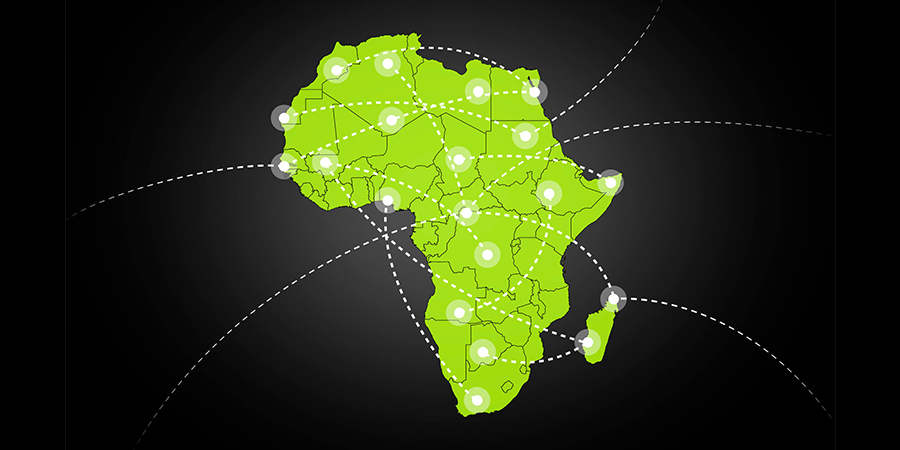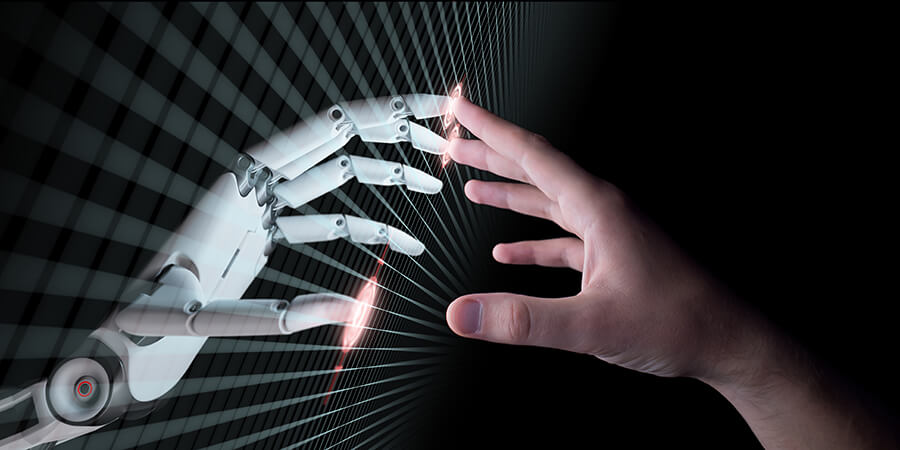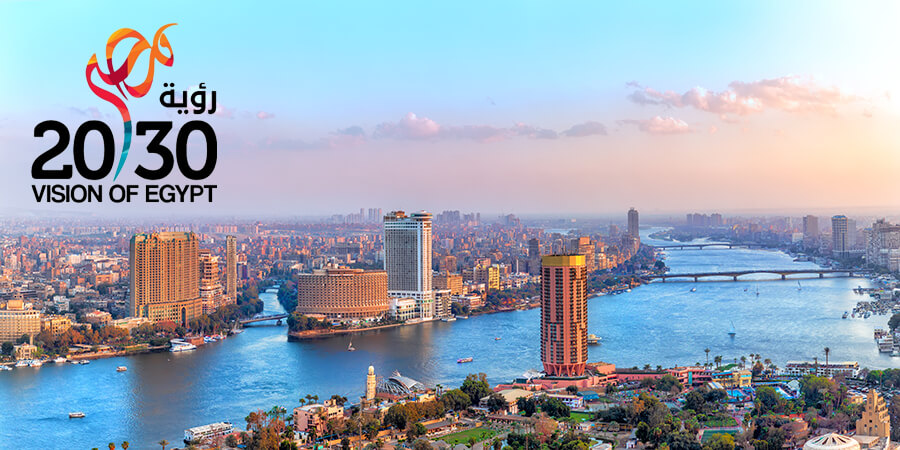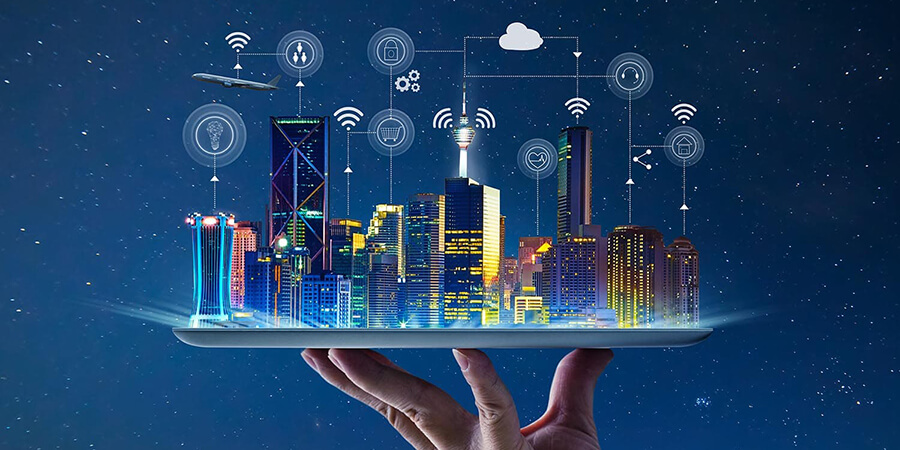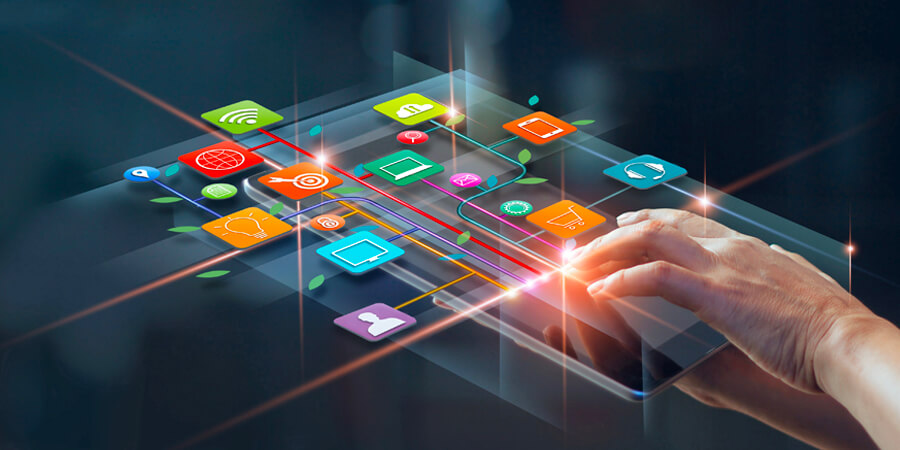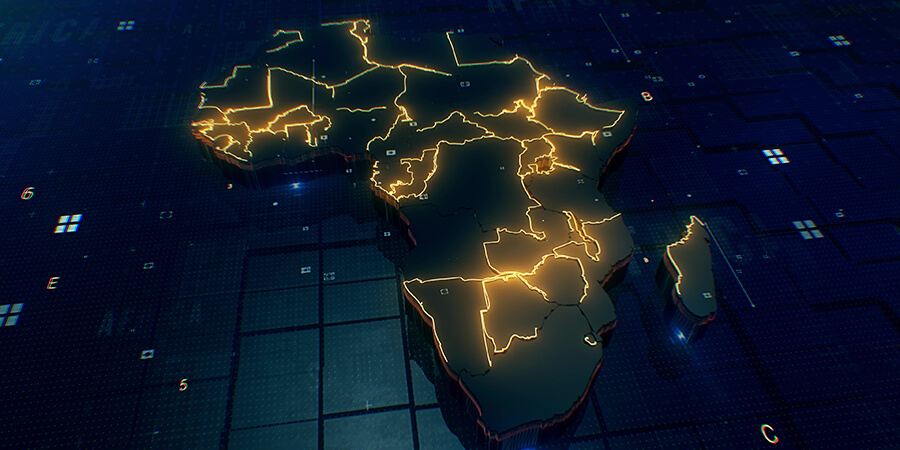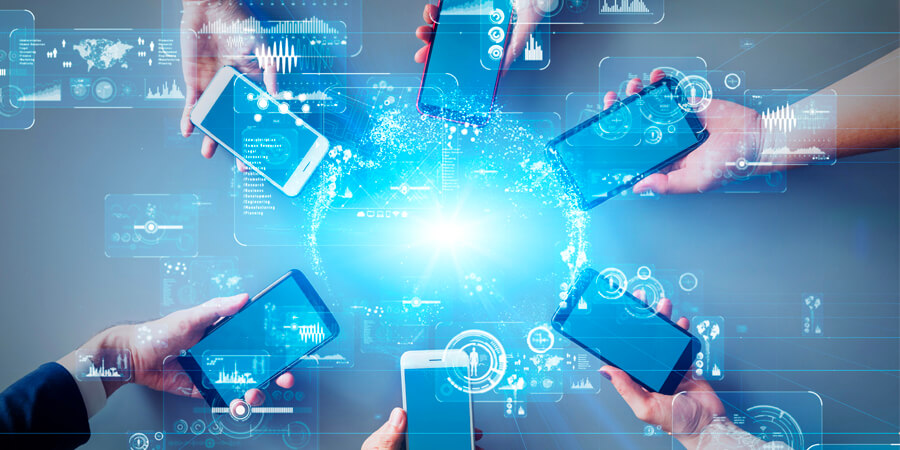For centuries people have crossed borders to live, work and trade. While cross-border payment systems are crucial for financial inclusion and growth in a globalized economy, cost and efficiency challenges remain, particularly in Africa.
Features
Transformation in Africa Requires a Digital Push
Digital transformation or digitalization is the hot new thing. It’s the process of transforming your company to make it more competitive, efficient and effective, all while changing the way everyone thinks about business and explores new ways of working. Nowadays, there is almost no platform where technology is not used, tracked and developed. In digital transformation, new software is implemented, a new platform is acquired, a specific type of training is provided, a framework or methodology is used, the definition of an entire area or company is altered, a new company strategy is adopted and many opportunities present themselves.
Data Monetization: Building New Plans
Companies nowadays generate and collect vast quantities of data as they engage in daily business operations; however, too few genuinely treat data as a strategic asset. As companies increasingly rely on digital strategies and evolve into digital entities, they draw on data as a key source of the firm’s value. The goal of data monetization is to create value from data and implement data-driven process improvements.
LaMDA vs humans: Who Wins?
The capabilities of artificial intelligence are set to affect our lives in all aspects, so welcome to the era of robots. There are an infinite number of pluses and minuses when it comes to robotics. Researchers are trying to find a way for robots and humans to work together as the technology advances. Scientists fear that artificial intelligence will exceed human capabilities and turn from a futuristic blessing to a permanent curse.
Holding the Future in a Vision: Egypt Vision 2030
Egypt Vision 2030 and Egypt's digital transformation strategy have inspired the Ministry of Communications and Information Technology (MCIT) to build “Digital Egypt”. Digital Egypt is an all-encompassing vision and plan, laying the foundations for the transitioning of Egypt into a digital society. To this end, Digital Egypt is built on three distinct tiers: digital transformation, digital skills and jobs, and digital innovation.
Smart Cities Enabling a Digital Life
Smart cities are a new idea, but they're not a new concept. The idea itself is to make the most of the resources that already exist within the city, and to do so in a way that takes into account the needs and desires of all its citizens. Smart cities are becoming more and more prevalent, with many of the world's metropolises now using some degree of smart technology in their infrastructure. The smarter cities become, the more livable and responsive they will be.
Satellite Tour in Space
A satellite is any object that orbits something else, as, for example, the Earth orbits the sun. There are hundreds of satellites in operation, used for diverse purposes such as weather forecasting, television signal, amateur radio and internet communications, as well as the Global Positioning System. They are also used to look outward at the solar system for research and data gathering purposes. There are three types of communications satellite systems, categorized according to the type of orbit they follow: geostationary (GEO), medium Earth orbit (MEO) and low Earth orbit (LEO).
Pillars of Digital Citizenship
Digital citizenship can be defined as the norms of appropriate, responsible behavior with regard to technology use. Since the rise of the Internet, we have become more and more present online, governed by a specific set of regulations which we have to abide by. We are citizens of this digital world if we live, work, learn, do business, and communicate in it the same way we do in real life.
Authentication in Africa: A Digital Opportunity
Africa is on the move, and we're here to help. This continent of 1.2 billion people is hungry for services such as banking, insurance, health and e-commerce, many of which would have been previously inaccessible to large portions of the population before the arrival of the mobile phone. However, all of these services require reliable identification and secure authentication if they want the provision of such services to last. The introduction of mobile technology has led a transformation of economies across the continent.
Towards a Strong Mobile Network
Across all of Africa, mobile networks are the dominant telecom provider. These networks carry up to 98% of all voice and data traffic and are responsible for the largest share of voice and internet connections, according to the GSMA. When telecom services became more common, it was more economically viable for operators to provide services via mobile infrastructure rather than to build out copper-based wireline networks. To this end, the mobile platforms began their gradual build.




